Religious freedom and pluralism are enduring American values
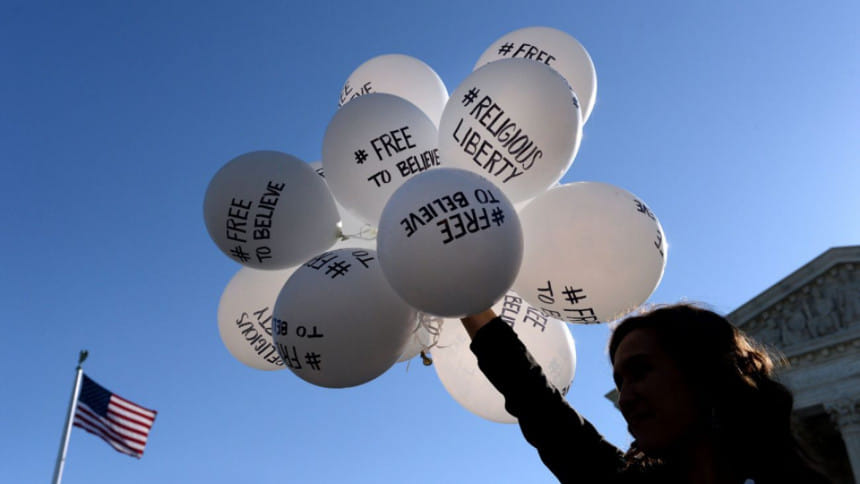
Religious liberty is an integral factor of American life, and has been since our nation's founding. Indeed, many of the first European settlements in America were comprised of individuals and families fleeing religious persecution. Not surprisingly, this fundamental right is the "first freedom" enshrined in the Bill of Rights of our Constitution.
An essential component of religious liberty is the right of people of all faiths to participate fully in society without facing discrimination based on their religion. Religious pluralism is an American value and tradition of not merely "tolerating" religious diversity, but embracing it as a national asset, and as an opportunity to build bridges across faiths. Each day in every state of our Union, diverse groups of Christians, Jews, Muslims, Hindus, Buddhists, Sikhs, and others come together as Americans to tackle poverty, combat discrimination, and resettle and provide services to refugees fleeing persecution. Their work personifies the national motto enshrined on the Seal of the United States: E Pluribus Unum – out of many, one.
As the U.S. Ambassador to Bangladesh, I have the opportunity to tell America's story. This often includes responding to recent events. For example, following terrorist attacks by groups such as ISIL or Al Qaeda, I often hear concerns about the rights of Muslims in America. Let me be clear: acts of violence or discrimination against Muslims are contrary to American principles and will not be tolerated. This has been and remains the policy of the US government. As President Obama stated earlier this year, "Islam has been woven into the fabric of our country since its founding. Muslim Americans are part of the fabric."
Addressing our nation following the recent terrorist attack in San Bernardino, California, President Obama stated clearly that, "ISIL does not speak for Islam. They are thugs and killers, part of a cult of death . . . [and] just as it is the responsibility of Muslims around the world to root out misguided ideas that lead to radicalisation, it is the responsibility of all Americans, of every faith, to reject discrimination. It is our responsibility to reject religious tests on who we admit into this country. It's our responsibility to reject proposals that Muslim Americans should somehow be treated differently. Because when we travel down that road, we lose."
But let us be clear: as important as religious liberty has been to America's success as a nation, these rights do not belong solely to the American people. The freedom to choose one's faith, change one's faith, dissent from religion, speak publicly about one's beliefs, gather for worship, and teach one's beliefs to one's children are enshrined in the Universal Declaration of Human Rights and International Covenant on Civil and Political Rights. And indeed, it is because we so value religious freedom at home that the US Congress has mandated that the advancement of religious freedom be a US foreign policy priority, and established an Office of International Religious Freedom within the Department of State. And we have senior officials, such as the Ambassador-at-large for International Religious Freedom and the new Special Advisor for Religious Minorities in the Near East and South/Central Asia, who drive our efforts in support of this inalienable right.
It is true that bigotry occurs in the United States, just as it does in every corner of the globe. And understandably hateful statements often receive widespread attention. But this is only a small part of the story.
A more accurate view of the United States can be found in everyday actions that often do not make international headlines, in part because these regular interactions of tolerance and respect are not newsworthy because they are the norm. This includes the numerous government officials, faith leaders, and members of civil society who have denounced discrimination and supported their fellow citizens, such as the hundreds of Christian churches that are fund-raising to resettle refugees; the 1,000 American rabbis who signed a letter welcoming Syrian refugees; the American Muslim crowdfunding campaign that has raised over $200,000 for San Bernardino victims; and perhaps most tellingly, the 7-year-old boy who donated all the money in his piggy bank to a mosque vandalised in Texas. This is the true story of America.
The writer is US Ambassador to Bangladesh.
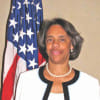
 For all latest news, follow The Daily Star's Google News channel.
For all latest news, follow The Daily Star's Google News channel. 


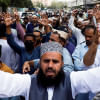
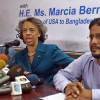
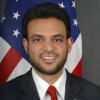


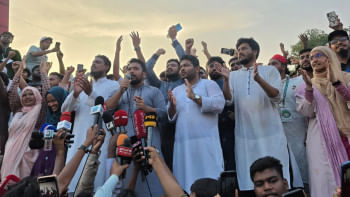
Comments